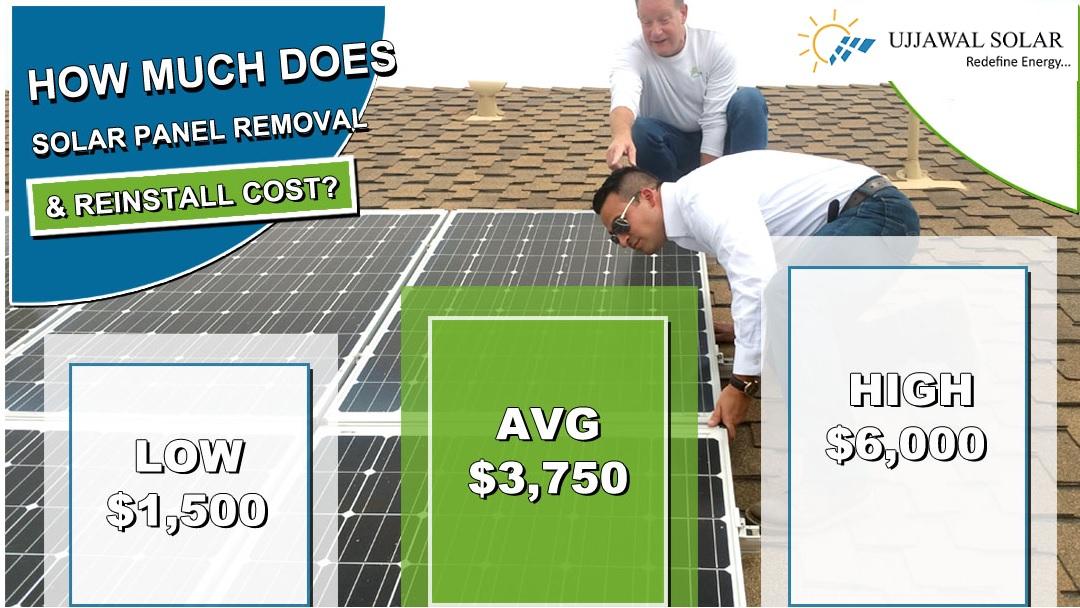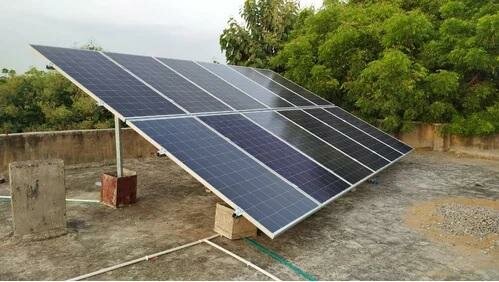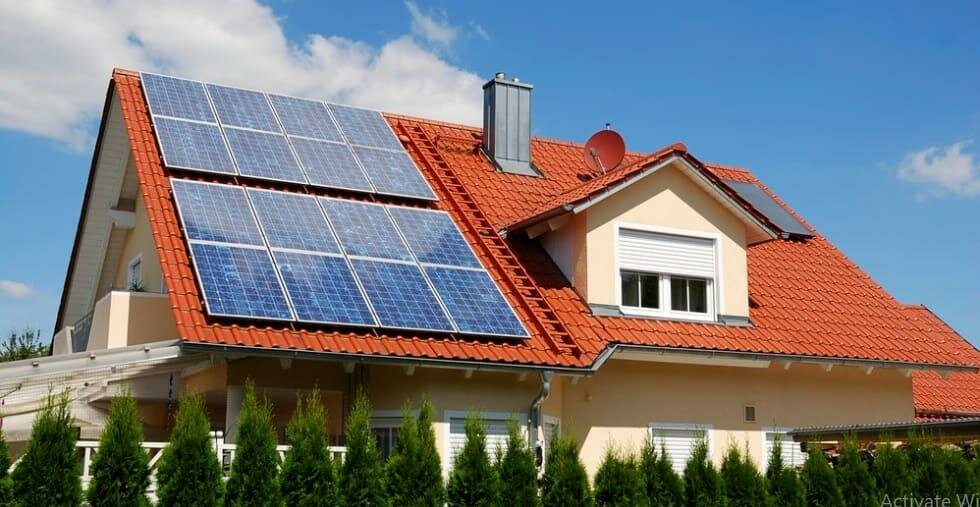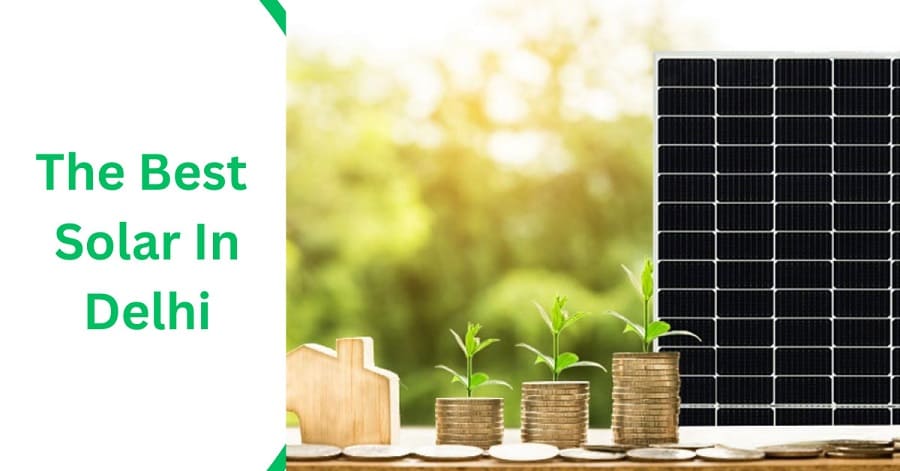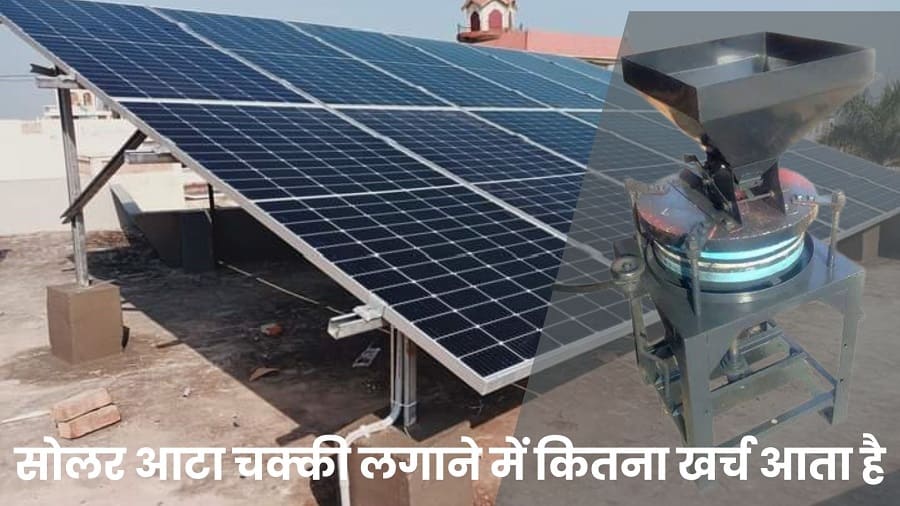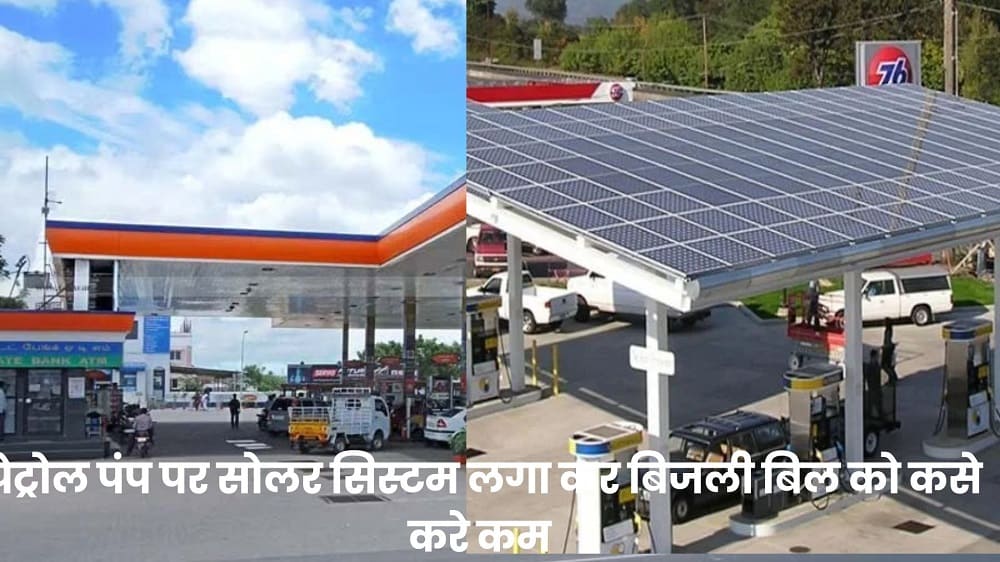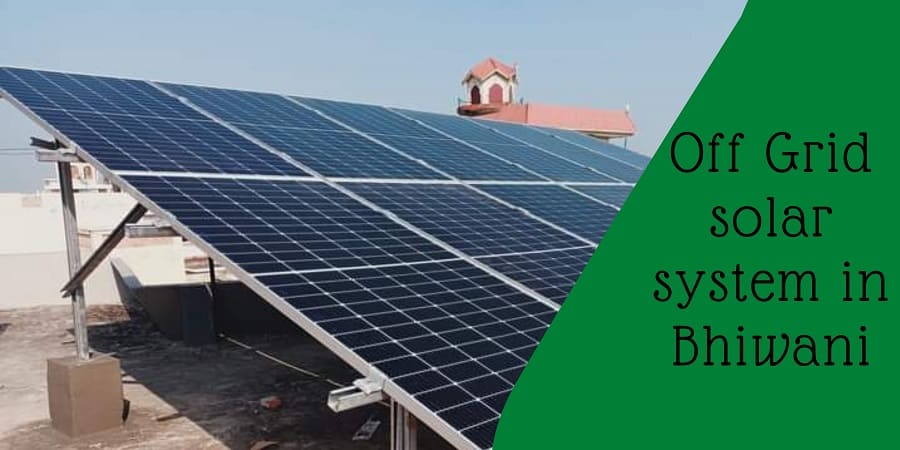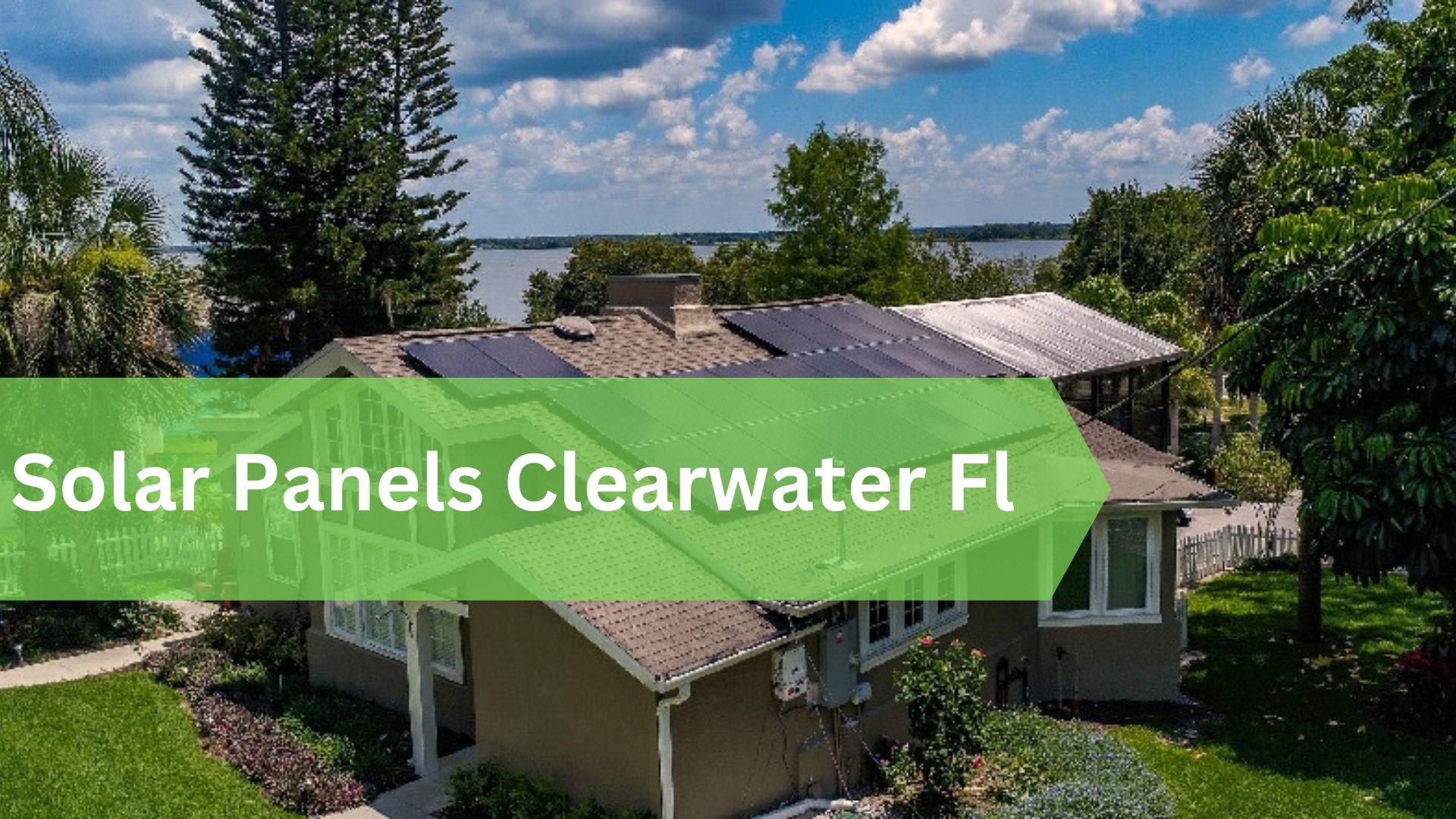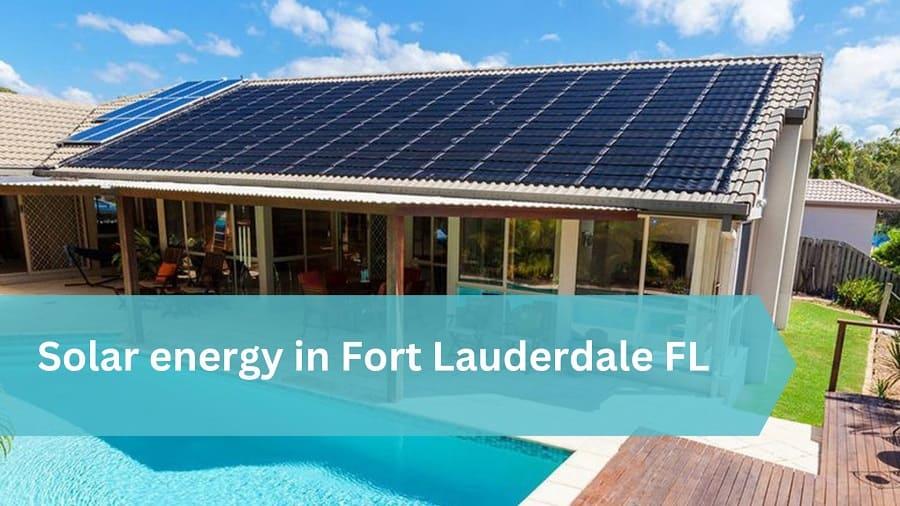Solar Panel Price Florida – Solar panels, also known as photovoltaic (PV) panels, are devices that convert sunlight into electricity. Solar energy is a clean and renewable resource, and the widespread adoption of solar panels contributes to reducing dependence on fossil fuels, mitigating climate change, and promoting sustainable energy practices. Solar panels Florida are typically mounted on rooftops or installed in open spaces to maximize exposure to sunlight. The efficiency of solar panels can vary, and factors like the angle of installation, shading, and the quality of the panels themselves can influence their overall performance.
Cost For Solar Panels In Florida?
Cost For Solar Panels In Florida has decreased substantially in the last couple of years. This is great because combined with the 30$ federal solar Investment Tax Credit and other applicable incentives, NOW is the best time ever to invest in a Solar System Florida. And, consider this: a solar power system costs about the same as a mid-sized car!
| EXISTING ELECTRIC BILL | 10 YEAR COST | 20 YEAR COST | 30 YEAR COST |
|---|---|---|---|
| $50 | $6,600 | $15,000 | $24,000 |
| $100 | $13,000 | $29,000 | $49,000 |
| $150 | $20,000 | $44,000 | $73,000 |
| $200 | $26,000 | $58,000 | $97,000 |
| $250 | $33,000 | $73,000 | $120,000 |
A Brief Overview of How Solar Panels Work
They are a key component of Solar power systems In Florida and play a crucial role in harnessing renewable energy from the sun. The basic principle behind solar panels is the photovoltaic effect, where certain materials, typically silicon-based in solar panels, generate an electric current when exposed to sunlight.
- Photovoltaic Cells: The core of a solar panel consists of numerous individual solar cells made of semiconductor materials, usually silicon. These cells absorb photons (particles of light) from the sun.
- Generation of Electric Current: When sunlight strikes the solar cells, it excites electrons within the semiconductor material. This process generates an electric current as the excited electrons flow through the material.
- Direct Current (DC) Output: The electric current produced by the solar cells is in the form of direct current (DC). This is the same type of electricity that batteries use. However, most household and commercial electrical systems use alternating current (AC).
- Inverter Conversion: To make the electricity produced by solar panels compatible with typical electrical systems, an inverter is used to convert the DC into AC. This makes it usable for powering homes, businesses, and the electric grid.
- Utility or Local Consumption: The converted AC electricity can be used immediately to power appliances, lights, and other electrical devices within a property. Excess electricity can be fed back into the grid, often earning credits or compensation for the system owner.
Best Solar Panels for Home Florida
Florida’s unique climate, characterized by abundant sunlight and the occasional threat of hurricanes, makes selecting the right type of solar panels Florida crucial. Various types of solar panels are available, each with its advantages and considerations. Here are some of the best types of solar panels Florida:
-
Monocrystalline Solar Panels:
- Advantages: Monocrystalline panels are known for their high efficiency, making them an excellent choice for regions with ample sunlight like Florida. They are space-efficient, providing a higher power output per square foot compared to other types.
- Considerations: While monocrystalline panels are generally more expensive than other options, their efficiency can make them a cost-effective choice in the long run.
-
Bifacial Solar Panels:
- Advantages: Bifacial panels can capture sunlight from both sides, increasing energy production. In Florida, where sunlight is abundant, these panels can harness reflected sunlight from surfaces like water and white roofs, potentially boosting overall efficiency.
- Considerations: Installation and mounting for bifacial panels may differ from traditional panels, and they may be more expensive. Additionally, their performance can be affected by shading and dirt on the backside.
-
Thin-Film Solar Panels:
- Advantages: Thin-film panels are lightweight and versatile, making them suitable for certain installations. They tend to perform better in high temperatures, which can be advantageous in Florida.
- Considerations: Thin-film panels generally have lower efficiency compared to crystalline silicon panels. They may require more space for the same power output, which could be a consideration for residential installations with limited roof space.
-
Polycrystalline Solar Panels:
- Advantages: Polycrystalline panels are more affordable than monocrystalline panels and still offer good efficiency. They are a practical choice for homeowners looking for a balance between cost and performance.
- Considerations: Polycrystalline panels may take up more space than monocrystalline panels for the same power output. While they perform well in high temperatures, their efficiency may be slightly lower.
-
Solar Panels with Enhanced Durability:
- Advantages: Given Florida’s hurricane risk, solar panels with enhanced durability features, such as robust frames and high wind load resistance, are essential.
- Considerations: Look for panels with strong build quality and corrosion-resistant materials to withstand the challenging weather conditions in Florida.
-
PERC Solar Panels:
- Advantages: Passivated Emitter Rear Cell (PERC) technology enhances the efficiency of solar panels, especially in high-temperature environments. PERC panels are becoming increasingly popular for their improved performance.
- Considerations: While PERC panels may offer higher efficiency, their cost can be higher. However, the long-term energy savings may justify the initial investment.
Types of Solar System Florida For Home
Various Types of Solar System Florida For Home are deployed to harness the abundant sunshine and promote renewable energy adoption. The choice of a specific Solar system Florida depends on factors such as energy needs, available space, budget, and environmental conditions. As the solar industry continues to evolve, new technologies and system types may emerge. Individuals and businesses in Florida need to stay informed about the latest developments and consult with local solar professionals to determine the most suitable solar system for their specific needs and conditions. Here are some common types of solar systems utilized in Florida:
-
Grid-Tied Solar Systems:
- Description: Grid-tied systems are the most common solar installations in Florida. These systems are connected to the local utility grid, allowing excess electricity generated by the solar panels to be fed back into the grid. Users can benefit from net metering programs, earning credits for the surplus energy produced.
- Advantages: Grid-tied systems provide a seamless transition between solar-generated power and utility power. They are cost-effective and allow homeowners to take advantage of incentives and rebates.
-
Off-Grid Solar Systems:
- Description: Off-grid solar systems operate independently of the utility grid. They are equipped with energy storage solutions, such as batteries, to store excess energy generated during sunny periods for use during nighttime or cloudy days.
- Advantages: Off-grid systems offer energy independence and are suitable for remote locations where connecting to the grid is impractical or expensive. They provide a reliable power source during grid outages.
-
Hybrid Solar Systems:
- Description: Hybrid systems combine solar panels with other power sources, often a backup generator or wind turbines. These systems are designed to maximize energy production and provide continuous power even when solar generation is insufficient.
- Advantages: Hybrid systems offer increased reliability and flexibility. They are suitable for areas with variable weather conditions or unreliable grid power.
-
Solar Water Heating Systems:
- Description: Solar water heating systems use sunlight to heat water for residential or commercial purposes. These systems typically consist of solar collectors or panels and a heat transfer system to warm water for domestic use or space heating.
- Advantages: Solar water heating systems are energy-efficient and can significantly reduce electricity or gas consumption for water heating. They are particularly relevant in Florida’s warm climate.
-
Community Solar Gardens:
- Description: Community solar gardens, or solar farms, are centralized solar installations shared by multiple participants. Individuals or businesses can subscribe to receive a portion of the energy produced without installing solar panels on their property.
- Advantages: Community solar gardens allow those without suitable rooftops or space for solar installations to access solar energy. Participants benefit from renewable energy without the need for individual system maintenance.
-
Floating Solar Systems:
- Description: Given Florida’s extensive water bodies, floating solar systems are gaining attention. Solar panels are installed on floating platforms on lakes, ponds, or reservoirs, utilizing water surfaces for electricity generation.
- Advantages: Floating solar systems can conserve land space and reduce water evaporation from reservoirs. The cooling effect of the water can also enhance the efficiency of solar panels.
The Benefits of Solar Panels For Home Florida
Harnessing the abundant sunshine in Florida through solar panels for homes offers a multitude of benefits, making it an increasingly popular and environmentally conscious choice for residents. Here are several advantages of installing solar panels for home Florida:
- Abundant Sunshine: Florida’s nickname, the “Sunshine State,” is a testament to its ample sunlight. Solar panels thrive in these conditions, providing a consistent and reliable source of clean energy for homes.
- Reduced Energy Bills: By generating your electricity, solar panels can significantly reduce or even eliminate your reliance on the grid. This leads to lower monthly energy bills, providing homeowners with substantial long-term savings.
- Government Incentives: Florida offers various government incentives and rebates to encourage solar adoption. These can include federal tax credits, state incentives, and local utility programs that make the upfront costs of installing solar panels more affordable.
- Net Metering: Florida’s net metering policies allow homeowners with solar panels to receive credits for excess energy they produce and feed back into the grid. This can further offset electricity costs during periods of low solar production, such as cloudy days or at night.
- Energy Independence: Solar panels provide a degree of energy independence, allowing homeowners to generate their power. This is especially valuable during power outages, offering a reliable and continuous source of electricity.
- Environmental Impact: Solar energy is a clean and renewable resource, producing electricity without emitting harmful pollutants. By using solar panels, homeowners contribute to reducing their carbon footprint and promoting a more sustainable and eco-friendly lifestyle.
- Increased Property Value: Homes equipped with solar panels often see an increase in property value. Solar installations are viewed favorably by homebuyers who appreciate the long-term energy savings and environmental benefits.
- Low Maintenance: Solar panels have minimal moving parts and require little maintenance. Regular cleaning and occasional checks by professionals are usually sufficient to ensure optimal performance.
- Long Lifespan: Solar panels have a long lifespan, often exceeding 25 years. Many reputable manufacturers offer warranties that guarantee high performance over extended periods, providing homeowners with a durable and reliable energy solution.
- Technological Advancements: Ongoing advancements in solar technology result in more efficient and cost-effective panels. Homeowners can benefit from innovations that improve energy production, storage capabilities, and overall system performance.
- Supporting Renewable Goals: By installing solar panels, homeowners actively contribute to Florida’s renewable energy goals and help combat climate change. This aligns with broader initiatives aimed at transitioning to a more sustainable and environmentally friendly energy landscape.
How much I Can Save on Electricity Bill By Using solar in Florida United State
You can Easily Reduce your electricity Bills By installing Solar Panels for Your Home in Florida. There are two factors by using them you can save your electricity Bills In Florida: how much you spend on electricity now and how much of your electric bill you can offset with solar. Based on the intensity and amount of sunlight hours in Florida, the average electricity customer in Florida will need a 12.8 kilowatt (kW) solar panel system to offset 100% of their annual electricity consumption of 19,368 kWh per year.
The savings from offsetting 100% of an electric bill with solar can add up fast! Assuming a 2.0% annual increase in electricity prices and that you install your system with a $0-down loan, you can expect to save $3,000 in your first year, $15,500 over five years, $32,700 over 10 years, and $72,500 over 20 years on electric bills in Florida. Over your system’s lifetime, you’ll save more by financing your solar system with a cash purchase, but you won’t start saving in year one. Learn more about how to finance your solar panel system.
Conclusion – The benefits extend beyond economic savings, encompassing environmental sustainability, energy resilience, and increased property values. With various incentives, including the federal Investment Tax Credit and state-level programs, the financial barriers to entry are significantly reduced. The growing popularity of solar installations in the Sunshine State is a testament to the increasing awareness of the importance of clean energy and its potential to reshape the energy landscape. As technology advances and solar solutions become even more efficient, the future looks promising for Florida residents seeking a greener, more sustainable, and cost-effective energy alternative. The path to a solar-powered Florida not only promises substantial individual and collective savings but also aligns with broader efforts to create a cleaner and more resilient energy future.
Frequently Asked Questions (FAQ) for Solar Energy in Florida
Q: How much sunlight does Florida receive, and how does it impact solar energy production?
Ans – Florida is known as the Sunshine State, receiving an average of 230 sunny days per year. This abundant sunlight positively impacts solar energy production, making it an ideal location for solar installations.
Q: What incentives are available for installing solar panels in Florida?
Ans – Florida offers various incentives, including the federal Investment Tax Credit (ITC), state tax credits, and local utility rebates. These incentives can significantly reduce the upfront costs of installing solar panels.
Q: How do net metering programs work in Florida?
Ans – Florida’s net metering programs allow homeowners with solar panels to receive credits for the excess energy they produce and feed back into the grid. These credits can be used to offset electricity costs during periods of low solar production.
Q: What are the best types of solar panels for Florida’s climate?
Ans – High-efficiency monocrystalline panels, bifacial panels, and those with enhanced durability features are well-suited for Florida’s climate. Consult with local solar professionals to determine the most suitable panels for your specific needs.
Q: How do solar panels perform during hurricanes in Florida?
Ans – Solar panels are designed to withstand severe weather conditions, including hurricanes. Proper installation and adherence to building codes ensure the durability and resilience of solar panel systems.
Q: How long do solar panels last, and do they require much maintenance?
Ans – Solar panels typically have a lifespan of 25 years or more. They require minimal maintenance, with occasional cleaning and checks by professionals to ensure optimal performance.
Q: Can I install solar panels on a property with a homeowners association (HOA) in Florida?
Ans – In Florida, state law protects the rights of homeowners to install Solar Panel Florida, even in properties governed by HOAs. However, it’s advisable to review and comply with any HOA guidelines related to solar installations.
Q: What is the average payback period for a solar panel investment in Florida?
Ans – The payback period for solar panel investments in Florida is typically in the range of 6 to 10 years. After this period, homeowners can enjoy substantial savings on their electricity bills.

